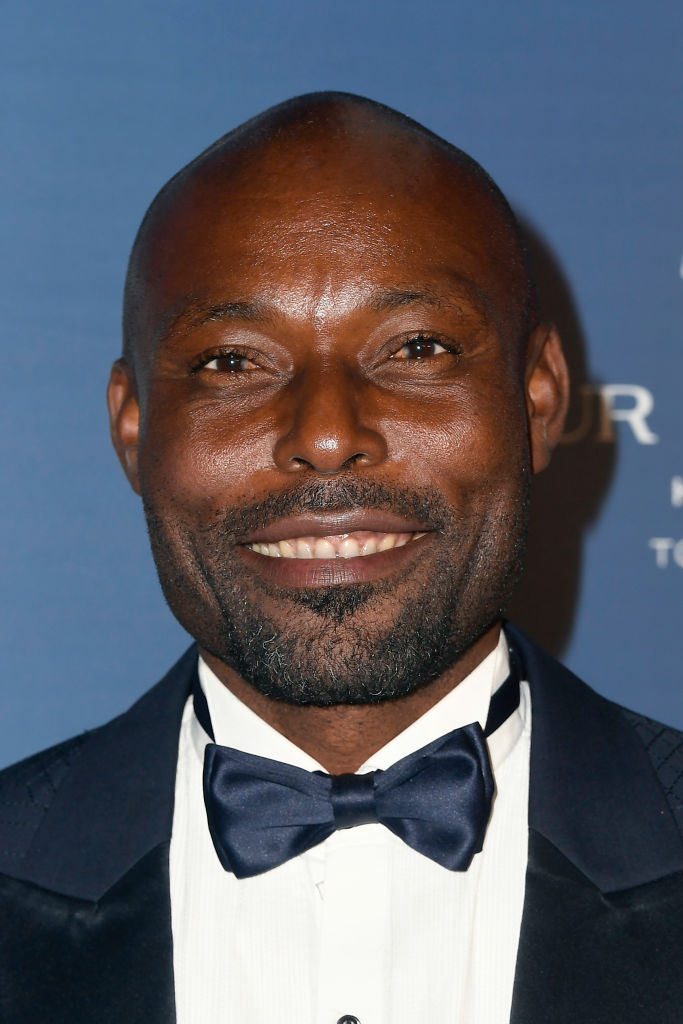
- Interviews
HFPA in Conversation: Jimmy Jean-Louis, Actor and Activist
Actor and producer Jimmy Jean-Louis grew up in Haiti and France. He has lived in Spain, Italy, South Africa, and England before moving to the United States. He tells HFPA journalist Elisabeth Sereda that he has a range of experience that allows him to get into all kinds of characters.
“In my life, I have experienced all kinds of parts of society, all parts of social classes, from homeless next door to presidents, that same way I had the pleasure and honor to sit down with Mr. Nelson Mandela for about ten minutes and to speak about the politics of the world, and I spoke to these people about Haiti, and I was barely 23.”
Still, he has been struggling with his career. “I think it’s very difficult to have stories that include people like me, a black actor who is not from America, the writers don’t write about it, the producers don’t sign checks about those stories and nobody takes the risk to actually put actors that are from a different kind of nationality but could bring that African thing into the job, actually could bring something else.”
Especially at the beginning of his career in the late 1990s he was playing bad guys and having one-liners here and there. “I always believed that I could play whatever they put in front of me. But unfortunately, the system and the business were not open enough to allow some other people to express themselves on an equal playing field.”
One of his most important roles was the title character in the 2012 movie Toussaint Louverture, a story about a Haitian general and the most prominent leader of the Haitian Revolution. He is best known for the television series Claws and Heroes. “It’s really up to me to find ways to make statements and to force people to see what I could potentially bring to the table, to potentially bring something different, maybe something better, something that opens people’s minds. That’s a challenge that I give myself, it’s to actually do that. Yes, I understand it takes time and that’s okay, I have time, I will do it in a movie-by-movie kind of case. And essentially at the end of my career, I hope that I could have made that statement that I made that journey to make.”
Listen to the podcast and hear what are his thoughts about the history of Haiti and the relationship between Haiti and the United States; what is the most uplifting part of the volunteer work he does and why he will continue to fight for a better Haiti; why a trip from Paris to London in the mid-1980s shaped his identity; what kind of racial profiling experiences he had in the 1990s; what are his dream roles; why he moved from Haiti to France when he was 12 and how he describes his first months in Paris; why he ended up working in a musical theatre in Barcelona; how he became a model; how a meeting with Nelson Mandela changed his path; why Sidney Poitier inspired him; how he sees future of the African cinema; why he wants to travel with his kids; and what languages he speaks.

